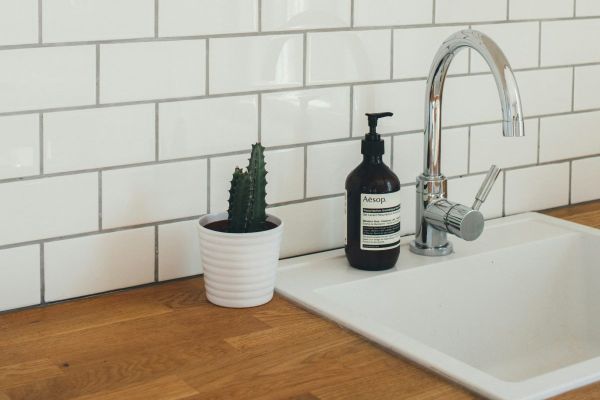Maintaining a Relationship
Strong relationships require different types of nurturing—physical, emotional, and attentional. Certain traits have been shown to be especially important for maintaining healthy connections. For example, each individual should, for starters, feel confident that their partner is willing to devote time and attention to them. And they must both be committed to addressing and accommodating the differences and challenges that will inevitably emerge.
On This Page
In the most successful relationships, partners not only afford each other the benefit of the doubt; they take active supportive steps that foster a powerful sense of being on the same team. Maintained over the long term, research shows, that connection provides individuals a solid emotional base for pursuing their dreams and for bouncing back quickly when they encounter setbacks.
In healthy relationships, our partners see us more positively than anyone else in our lives does—perhaps more positively than we view ourselves—and we can use their belief in us to get closer to our ideal self. This is known as “the Michelangelo phenomenon,” because just as the great sculptor could look at a slab of stone and see an ideal hidden human form, our partner’s positive messages and signals of support can help us flourish.
Being in a healthy relationship should lead to personal growth, or “eudaimonia,” the tendency to strive to be the best that you can be. With the committed support of a partner, research shows, people bounce back better from stress or trauma, are more appreciative of life, and more open to new things.
Experienced partners know that they cannot change each other into people they’d prefer to be with, but they can help each other achieve their own personal goals. By making it easier for them to take a first step, reminding them of their strengths, and helping them identify self-sabotaging habits, a partner can help the person they love grow and find greater personal satisfaction.
It’s rare to end up with a partner who is perfect in every way, or who checks every box on the list of traits you always hoped for in a spouse. Learning to understand that that paragon doesn’t exist, and putting the checklist aside once you’ve committed to your partner, is an important factor in the success of a relationship. It may feel like a compromise, but a “good enough” relationship is often more than good enough for the long-term.
Although the term is often used as a euphemism for sex, the sharing between two people that defines intimacy is not exclusively a physical connection and is not exclusive to romantic relationships. Intimacy involves the risk of putting yourself out there. It tends to begin cautiously in conversation—sharing something emotionally meaningful with a new partner—but evolves over time into a connection with someone we believe truly gets us. Once a bond of intimacy is established, it can become the bedrock of both deep friendship and physical desire.
Feeling emotionally safe, which involves being both relaxed and open, may be an essential ingredient of true intimacy. When one partner gives in to criticism or contempt, and attacks the other, they can erode intimacy by triggering the other’s self-defense mechanisms and chipping away at their trust. This is one reason why research suggests that couples require many more positive than negative interactions with each other to maintain relationship health.
Maintaining a relationship requires some baseline measures of respect, which research suggests include a partner’s attention, affection, honesty, and gratitude, as well as a willingness to address conflict and an openness to sharing the household workload. The prolonged absence of these measures can jeopardize a relationship’s future, and so experts urge partners to address them when they become a concern.
More than 80 percent of people in committed relationships report that their partner is their best friend, and research suggests that being a part of such a “two-in-one” relationship, or experiencing “companionate” love, brings significant emotional benefits, starting with the likelihood that a relationship will endure long-term. When couples together at least 15 years were asked to identify the number-one secret to their success, most pointed to their friendship.
An individual cannot feel secure in a relationship if they feel their partner is too critical of them or is constantly hovering to correct their perceived flaws. Over the long-term, it’s easy to become frustrated by a partner’s habits and to lash out when they refuse to change, but taking a step back and viewing a flaw in the context of the overall relationship should help you find the perspective and acceptance you need to maintain your connection.














